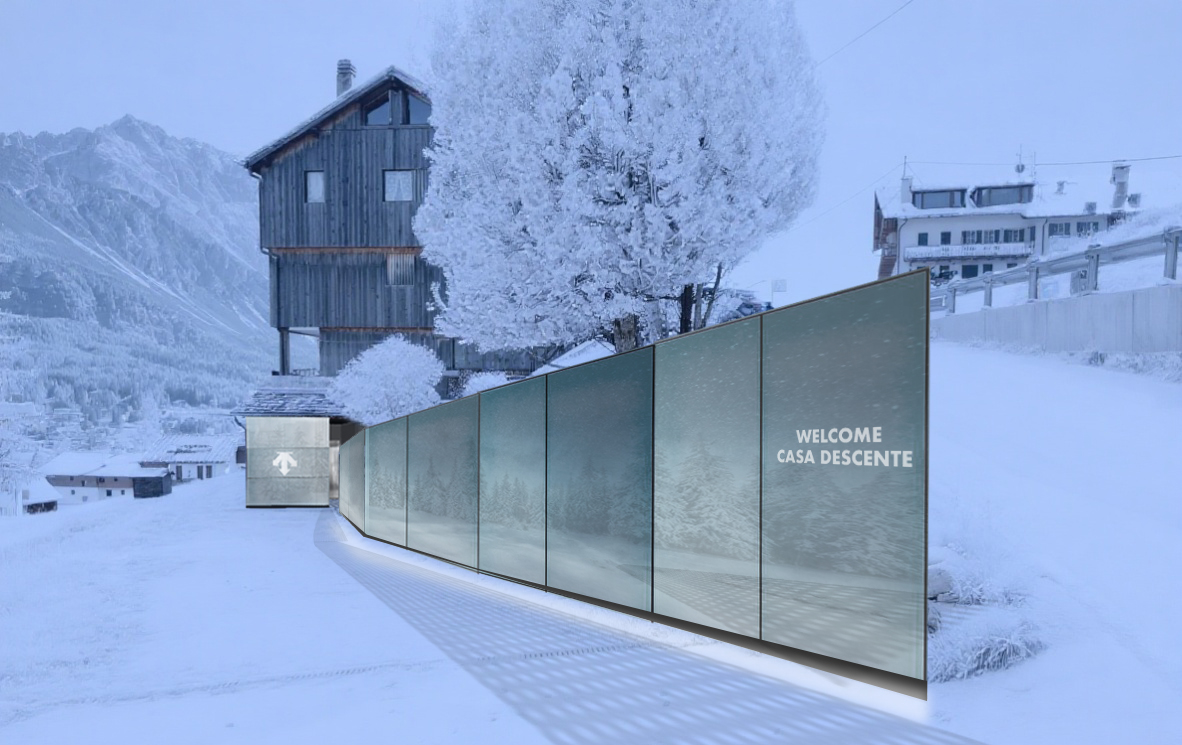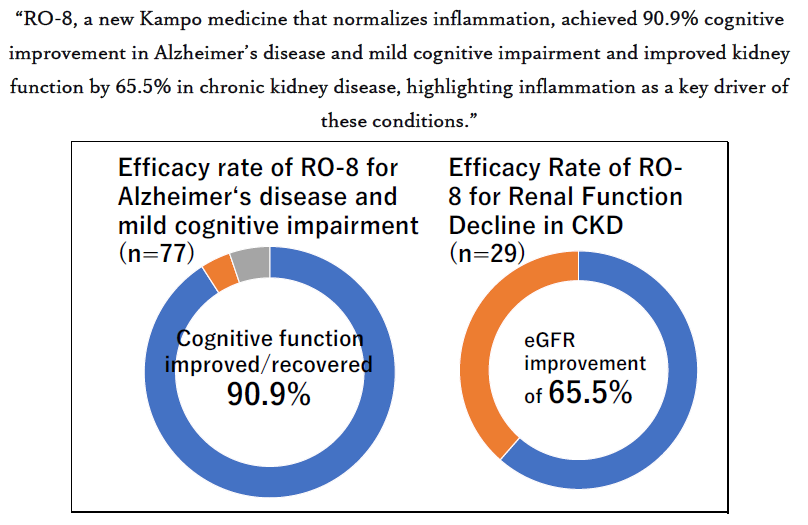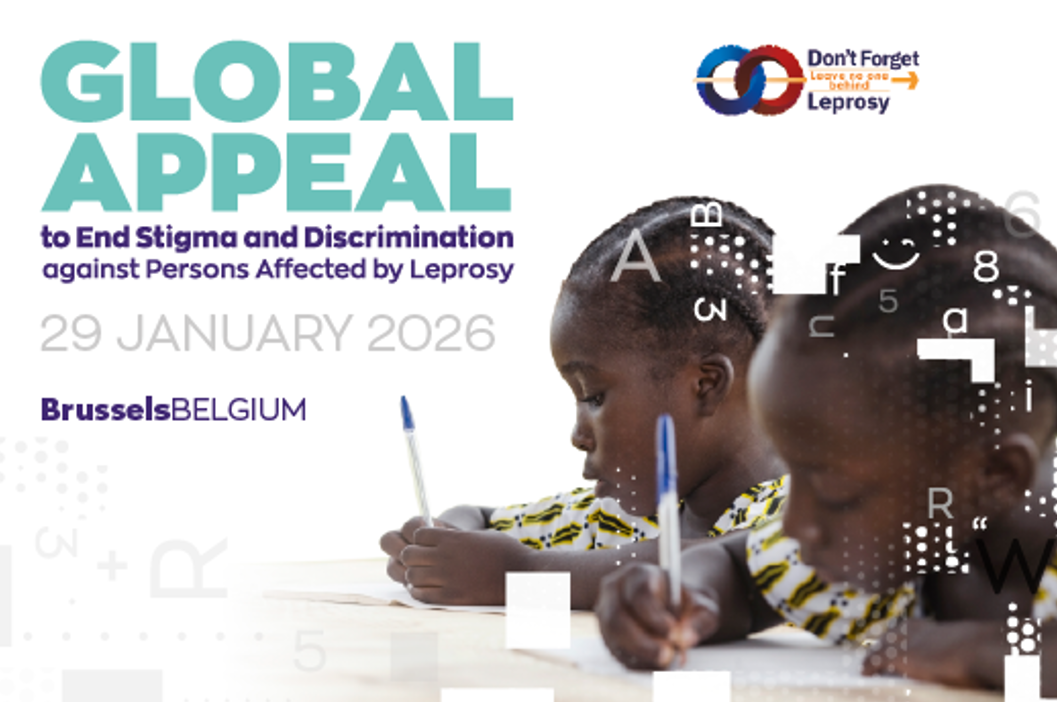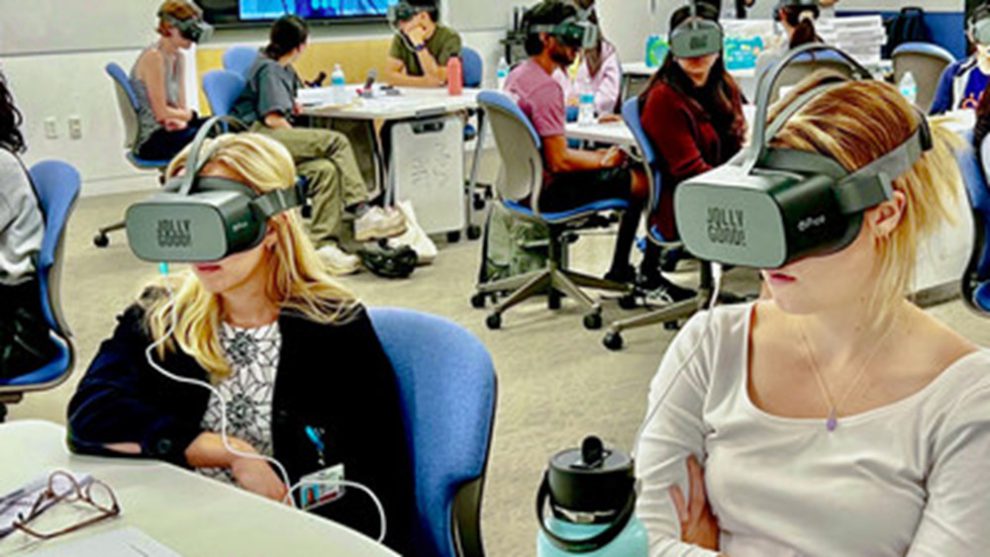Jolly Good to hold VR Seminar at GSA 2023, Gerontological Society of America!
TOKYO, Nov. 6, 2023 — Jolly Good US Inc. (Brookline, Massachusetts, USA CEO: Kensuke Joji), a developer of medical VR, is pleased to announce that it has developed the first “Palliative Care Communication (*1) Training VR” in the United States in collaboration with Brigham and Women’s Hospital, a Harvard affiliated hospital. In addition, using this VR, we will hold a medical VR seminar at “GSA2023”, Gerontological Society of America.
Jolly Good to hold VR Seminar at GSA 2023, Gerontological Society of America
In the U.S., about 90% of terminally ill patients wish to spend their final days at home, but many of them spend those days in the hospital, and one of the major reasons is the lack of communication between doctors, patients, and their families. Therefore, Jolly Good US Inc. decided to jointly develop this product because we believe that training medical professionals on communication in palliative care by using VR, they can efficiently and effectively acquire communication skills.
Dr. Ouchi, an Associate Professor of Emergency Medicine at Harvard Medical School, a joint development partner will be a speaker at the VR seminar to be held at “GSA 2023”, Gerontological Society of America. He will give a lecture on training assessment skills, a basic skill for palliative care by using the jointly developed VR.
Jolly Good US Inc. will continue to verify the effectiveness of this VR, develop medical VR for “Apple Vision Pro (*2)” in various medical fields, and accelerate business development with an eye on the global market.
| (*1) Palliative care refers to “improve the quality of life of patients and their families facing challenges associated to life-threatening illnesses, whether physical, psychological, social, or spiritual. The quality of life of caregivers improves as well.” (https://www.who.int/health-topics/palliative-care) |
| (*2) Apple Vision Pro is a mixed reality headset type PC developed by Apple as the first spatial computer. (https://www.apple.com/apple-vision-pro/) |
Miscommunication Between Medical Professionals and Patients Affects the Type of Care Patients Receive towards the End of Life
In the U.S., about 90% of terminally ill patients wish to spend the last days of their lives at home, but in reality, only about 30% of patients spend their final days at home. This is due to the fact that clinicians, patients, and their families often communicate and make decisions about the future treatment plan and how to meet the end of life for terminally ill patients within a few minutes in the emergency room, where miscommunication is said to occur frequently.
Furthermore, few opportunities exist for clinicians not trained in palliative care to acquire serious illness communication skills due to issues of limited time and cost.
“Palliative Care Communication Training VR” Content Overview
In this content, a terminally ill patient is brought to the emergency department (ED) with difficulty breathing and is unable to speak. This scene is recreated in which a doctor communicates with a patient’s family (daughter) and decides together on the most patient-centered treatment for the patient, allowing students to experience the doctor’s perspective.
Overview of Palliative Care VR Seminar
A VR seminar utilizing the newly developed Palliative Care Communication Training VR will be held at “GSA 2023”, Gerontological Society of America meeting to be held in Tampa, Florida.
Date: Friday, November 10, 2023, 12:00-13:30
Venue: Tampa Convention Center, Room 103
Speaker: Dr. Kei Ouchi (Associate Professor of Medicine at Harvard Medical School)
| *The first 20 visitors to the venue will be able to experience a demonstration using VR goggles. |
Palliative Care VR Booth Overview
Dates: Thursday, November 9 – Saturday, November 11, 2023
Venue: Tampa Convention Center West Hall
Booth number: 102
Official website of “GSA 2023” https://www.gsa2023.org/
Dr. Kei Ouchi, Associate Professor of Emergency Medicine at Harvard Medical School, Comments
Research has demonstrated that clinicians who are trained in palliative care communication skills can reduce communication errors with patients and their families and provide more patient-centered, end-of-life care. Unfortunately, opportunities to learn this palliative care communication skill are rare for non-palliative care clinicians due to training personnel, time, and cost.
Training in palliative care communication skills using VR would allow wider dissemination nationwide. The VR technology allows learners to repeatedly high-stress, clinical situation from physician’s perspective regardless of location or time. We expect that creating this dissemination strategy for evidence-based, palliative care communication skills will ultimately improve the quality of end-of-life care in the U.S.
Profile
Kei Ouchi, MD, MPH is a clinician-scientist and clinically active as an associate physician in the ED and a home hospital physician in the Department of Medicine at Brigham and Women’s Hospital. Dr. Ouchi is an Associate Professor of Emergency Medicine at Harvard Medical School. After growing up in Osaka, Japan, Dr. Ouchi received his MD from Georgetown and MPH from Harvard. Dr. Ouchi’s research focuses on identifying older adults who would benefit from advance care planning conversations and empowering them to formulate their goals for medical care in the ED. Dr. Ouchi is a recipient of numerous awards, including the Paul B. Beeson Emerging Leaders Career Development Award in Aging from the National Institutes on Aging and the Sojourns Scholars Leadership Award from the Cambia Health Foundation. Additionally, he has also served as a medical advisor for Jolly Good Inc. since 2023.
About Jolly Good Inc. (https://jollygood.co.jp/en)
Jolly Good Inc. is a medical technology company developing services for medical and welfare applications using high-precision VR solutions and AI that analyzes user behavior in VR spaces, with a focus on the U.S. and Asia. We are developing services with everyone from various research institutions and companies. Those services support the evolution of medical care and the fulfillment of human life by using VR, AI and other technologies to accelerate people’s growth and reintegration into society, including medical education, support for people with disabilities, and treatment of mental illness.
We have been introduced to more than 200 medical and welfare institutions in Japan, and we are involved in joint development projects with Harvard University and Boston University in the U.S. and Mahidol University in Thailand.
(Jolly Good US Inc. is the U.S. subsidiary of Jolly Good.)
Looking for medical VR joint development partners!
Jolly Good US Inc. is developing new medical VR/MR including Apple Vision Pro with educational institutions and research centers including medical universities, pharmaceutical companies, and insurance companies in the U.S., and will accelerate business development in the global market. If you are interested in our business initiatives, please feel free to contact us.
Please contact us at: https://jollygood.co.jp/contact-us-2_en
[Corporate philosophy]
Technology is only valuable when it is used by those who need it.
[Mission, Vision, and Values] Mission: “Accelerating human growth through technology”
Vision: “Enrich people’s lives by increasing their growth experiences.”
Value: “Enjoy updates and focus on essence and value”








